Why are Finland and other nations leaving the land mine treaty?
Russia's neighbors beef up their defenses

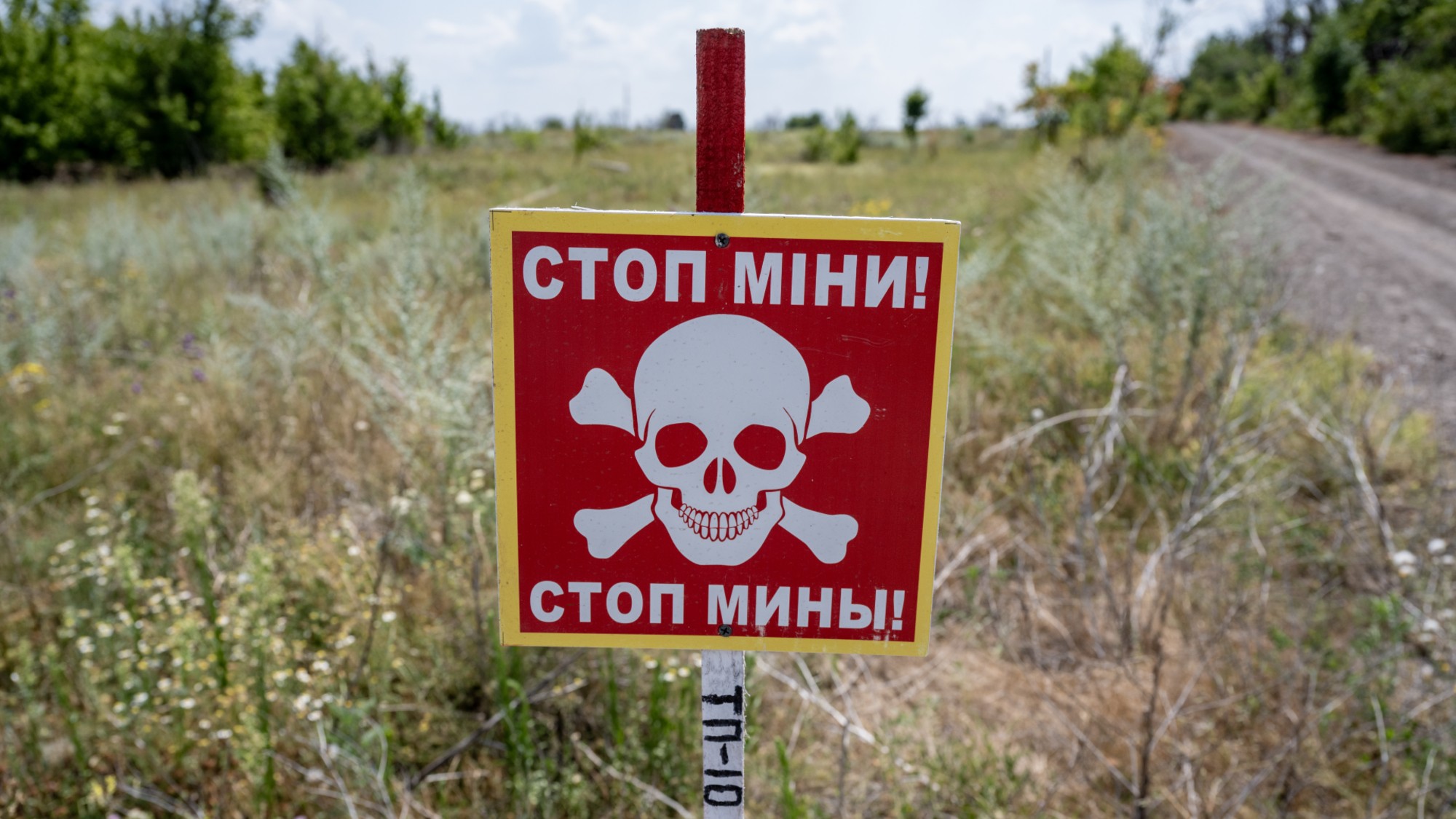
A free daily email with the biggest news stories of the day – and the best features from TheWeek.com
You are now subscribed
Your newsletter sign-up was successful
A three-decade global effort to end the use of land mines appears to be over. Finland and other European countries are leaving the Ottawa Convention, the treaty banning anti-personnel mines, as the risk of confrontation with Russia continues to rise.
The 1997 pact has "come under increasing pressure because of the Kremlin's war on Ukraine," said Politico. Finnish President Alexander Stubb — whose country has a border with Russia stretching more than 800 miles — made his announcement Tuesday, following last month's announcement by Poland, Estonia, Latvia and Lithuania that they will also end their participation in the treaty. The move is a "part of Finland's contribution to Europe taking greater responsibility for our own defense," said Stubb.
The "lofty goals" of the land mine ban "simply can't withstand the harsh realities on the ground," Jordan Embree and Steven Groves said at The Heritage Foundation. The "grinding war" in Ukraine forced Kyiv to use mines to "protect their country and safeguard their soldiers." (America, Russia and China never signed the pact.) But the treaty has had a "measurable impact on reducing civilian injuries and deaths from land mines," said The Stimson Center. Abandoning the treaty will "certainly present new risks to civilians."
The Week
Escape your echo chamber. Get the facts behind the news, plus analysis from multiple perspectives.

Sign up for The Week's Free Newsletters
From our morning news briefing to a weekly Good News Newsletter, get the best of The Week delivered directly to your inbox.
From our morning news briefing to a weekly Good News Newsletter, get the best of The Week delivered directly to your inbox.
What did the commentators say?
Land mines are "indiscriminate" weapons that "harm civilians, violate human rights, and have long-term societal impact," said Mary Wareham at Human Rights Watch. The newest risks do not just come from countries abandoning the treaty. For three decades, America has been the "world's largest contributor to humanitarian demining," reducing the risk to civilians from weapons left behind on old battlefields, but the Trump administration's cuts to foreign aid are "now disrupting mine clearance operations." The prices of those cuts "will be evident as casualties increase."
The land mine ban is the product of "noble intentions but limited perspective," Dan Rice said at Small Wars Journal. But when Russia invaded Ukraine, treaty commitments "delayed Ukraine's access to essential defensive weapons." Mines, along with cluster munitions, have "proven decisive in Ukraine's defense," inflicting massive casualties on the invaders. The lesson is clear to nations on the front lines of conflict: "These weapons, though imperfect, are often essential for survival."
What next?
Norway is "not about to change" its commitment to the land mine treaty, said Reuters. The country also borders Russia, but Foreign Minister Espen Barth Eide said it is important to keep the "global stigma" against the weapons in place. Leaving the treaty "makes it easier for warring factions around the world to use these weapons again" because it "reduces the stigma."
Finland is making other moves to bolster its defenses against Russia. The country also "plans on increasing defense spending to a minimum of 3% GDP," said Breaking Defense. Helsinki is responding to a "more naked, aggressive and authoritarian Russian leadership," said defense expert Robin Haggblom. There are worries that Moscow's pivot to a wartime economy will make it hard to accept "some kind of peaceful coexistence," even if "somehow the Ukraine situation magically was resolved."
A free daily email with the biggest news stories of the day – and the best features from TheWeek.com
Joel Mathis is a writer with 30 years of newspaper and online journalism experience. His work also regularly appears in National Geographic and The Kansas City Star. His awards include best online commentary at the Online News Association and (twice) at the City and Regional Magazine Association.
-
 Political cartoons for February 17
Political cartoons for February 17Cartoons Tuesday’s political cartoons include a refreshing spritz of Pam, winter events, and more
-
 Alexei Navalny and Russia’s history of poisonings
Alexei Navalny and Russia’s history of poisoningsThe Explainer ‘Precise’ and ‘deniable’, the Kremlin’s use of poison to silence critics has become a ’geopolitical signature flourish’
-
 Are Hollywood ‘showmances’ losing their shine?
Are Hollywood ‘showmances’ losing their shine?In The Spotlight Teasing real-life romance between movie leads is an old Tinseltown publicity trick but modern audiences may have had enough
-
 Trump considers giving Ukraine a security guarantee
Trump considers giving Ukraine a security guaranteeTalking Points Zelenskyy says it is a requirement for peace. Will Putin go along?
-
 Vance’s ‘next move will reveal whether the conservative movement can move past Trump’
Vance’s ‘next move will reveal whether the conservative movement can move past Trump’Instant Opinion Opinion, comment and editorials of the day
-
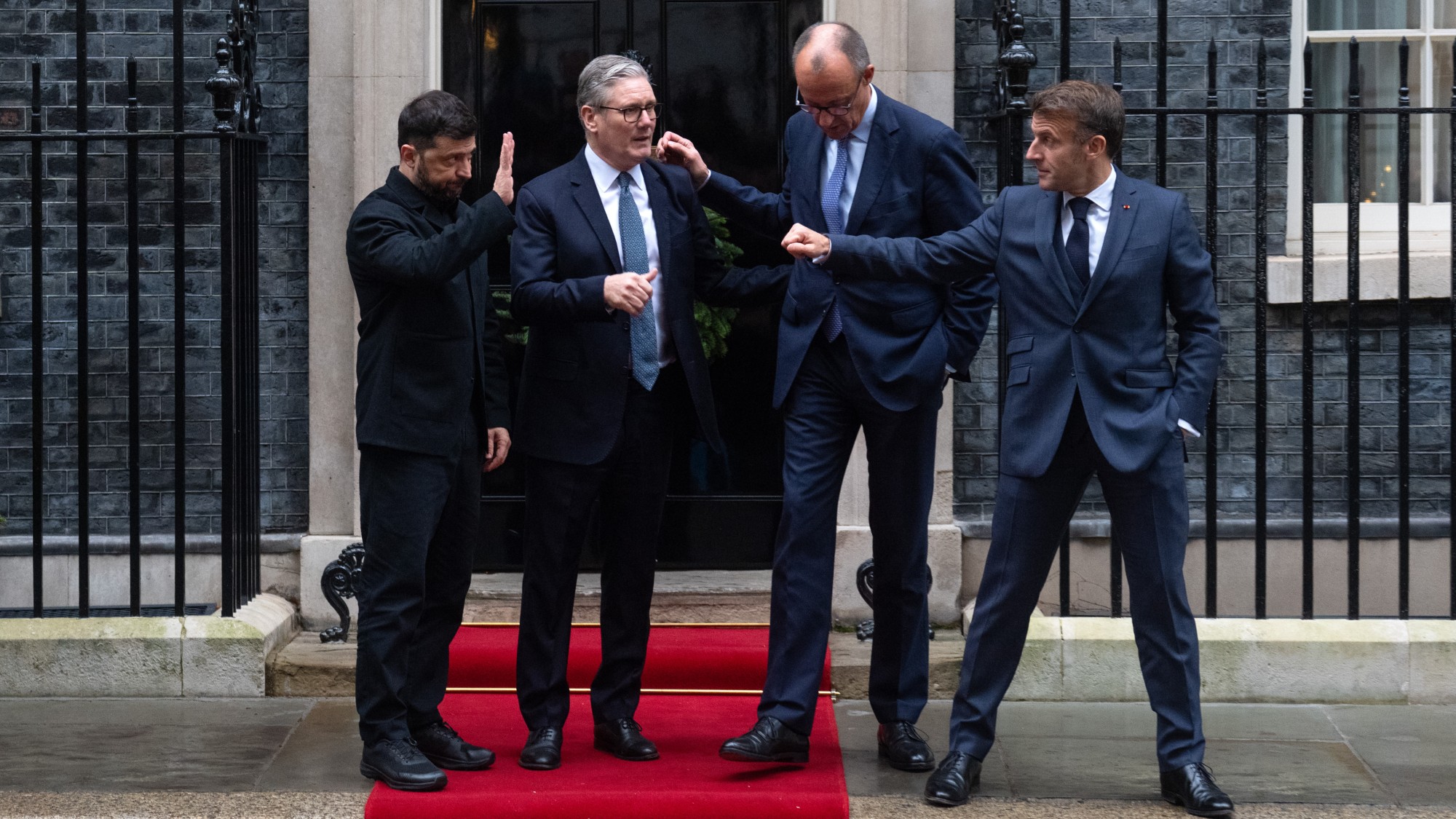 Will there be peace before Christmas in Ukraine?
Will there be peace before Christmas in Ukraine?Today's Big Question Discussions over the weekend could see a unified set of proposals from EU, UK and US to present to Moscow
-
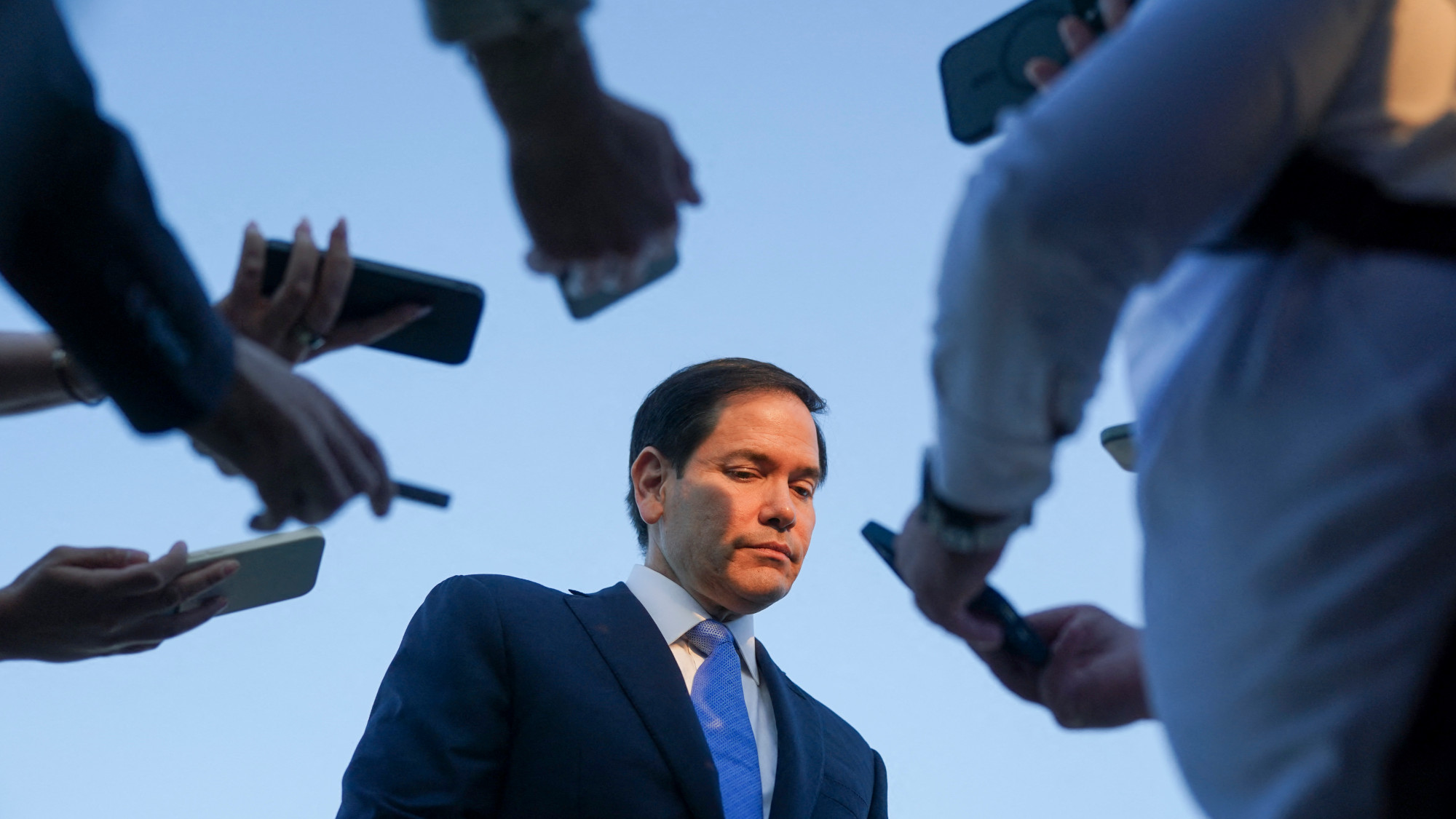 Ukraine and Rubio rewrite Russia’s peace plan
Ukraine and Rubio rewrite Russia’s peace planFeature The only explanation for this confusing series of events is that ‘rival factions’ within the White House fought over the peace plan ‘and made a mess of it’
-
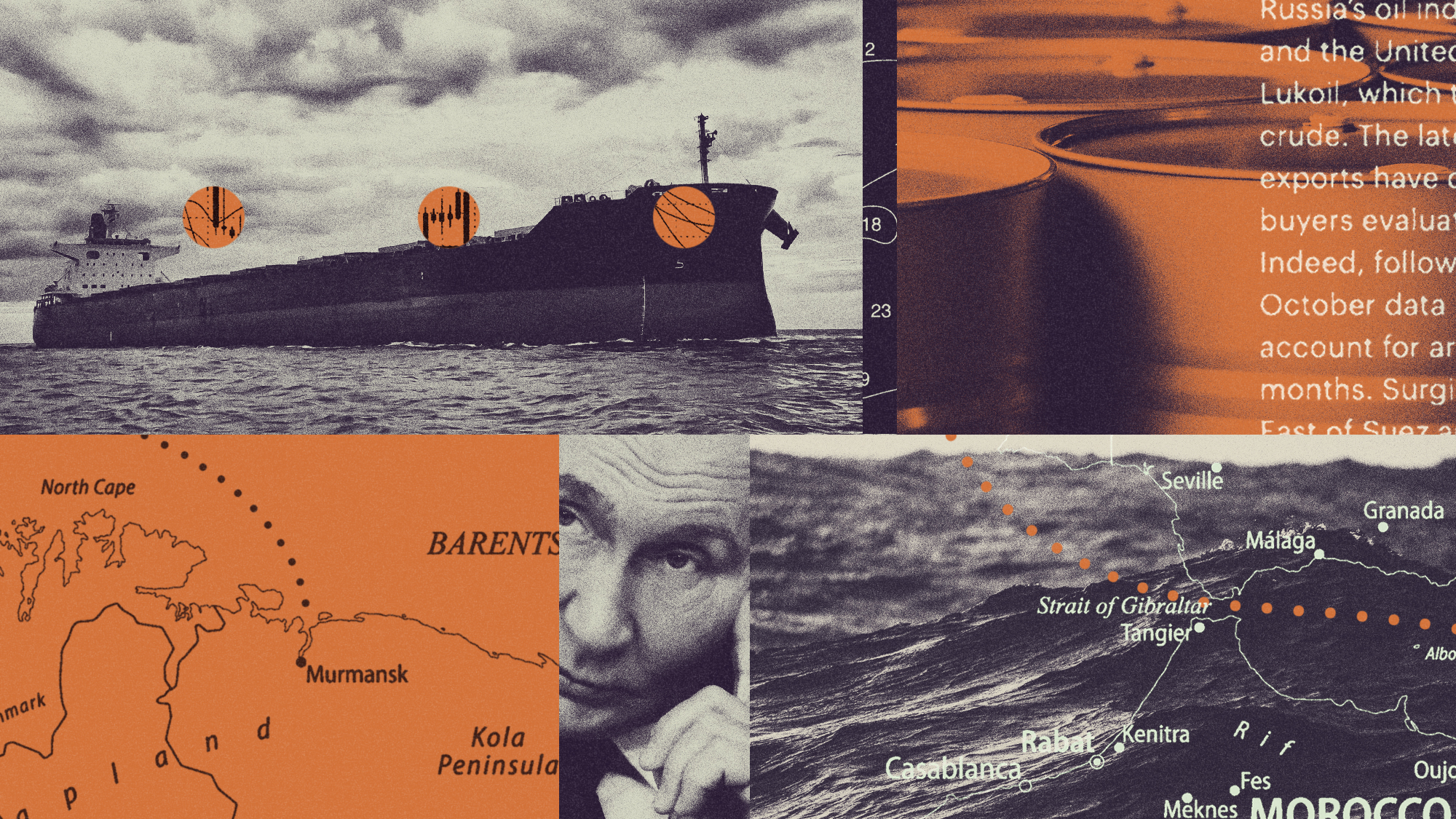 Defeating Russia’s shadow fleet
Defeating Russia’s shadow fleetThe Explainer A growing number of uninsured and falsely registered vessels are entering international waters, dodging EU sanctions on Moscow’s oil and gas
-
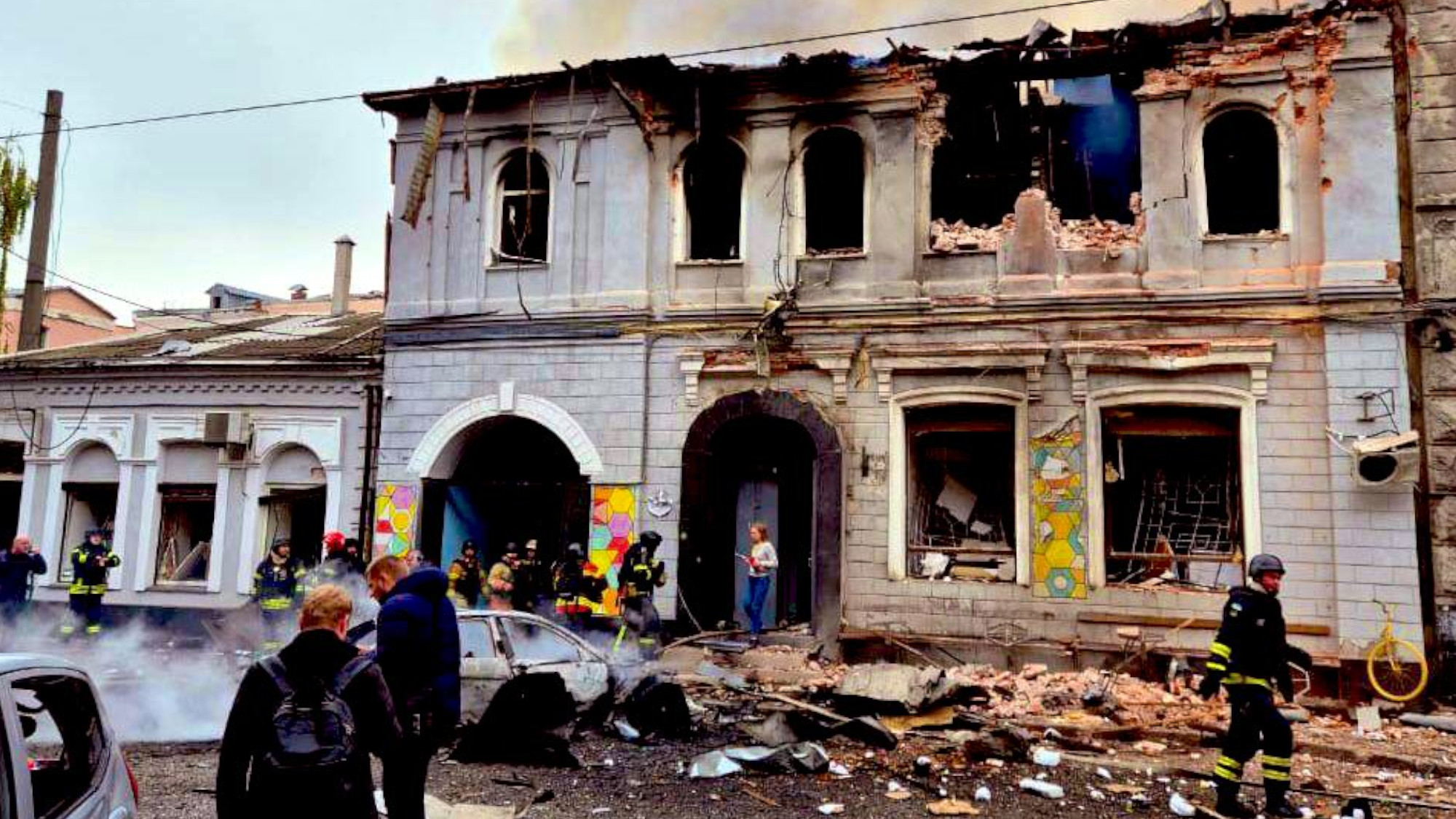 Push for Ukraine ceasefire collapses
Push for Ukraine ceasefire collapsesFeature Talks between Donald Trump and Vladimir Putin were called off after the Russian president refused to compromise on his demands
-
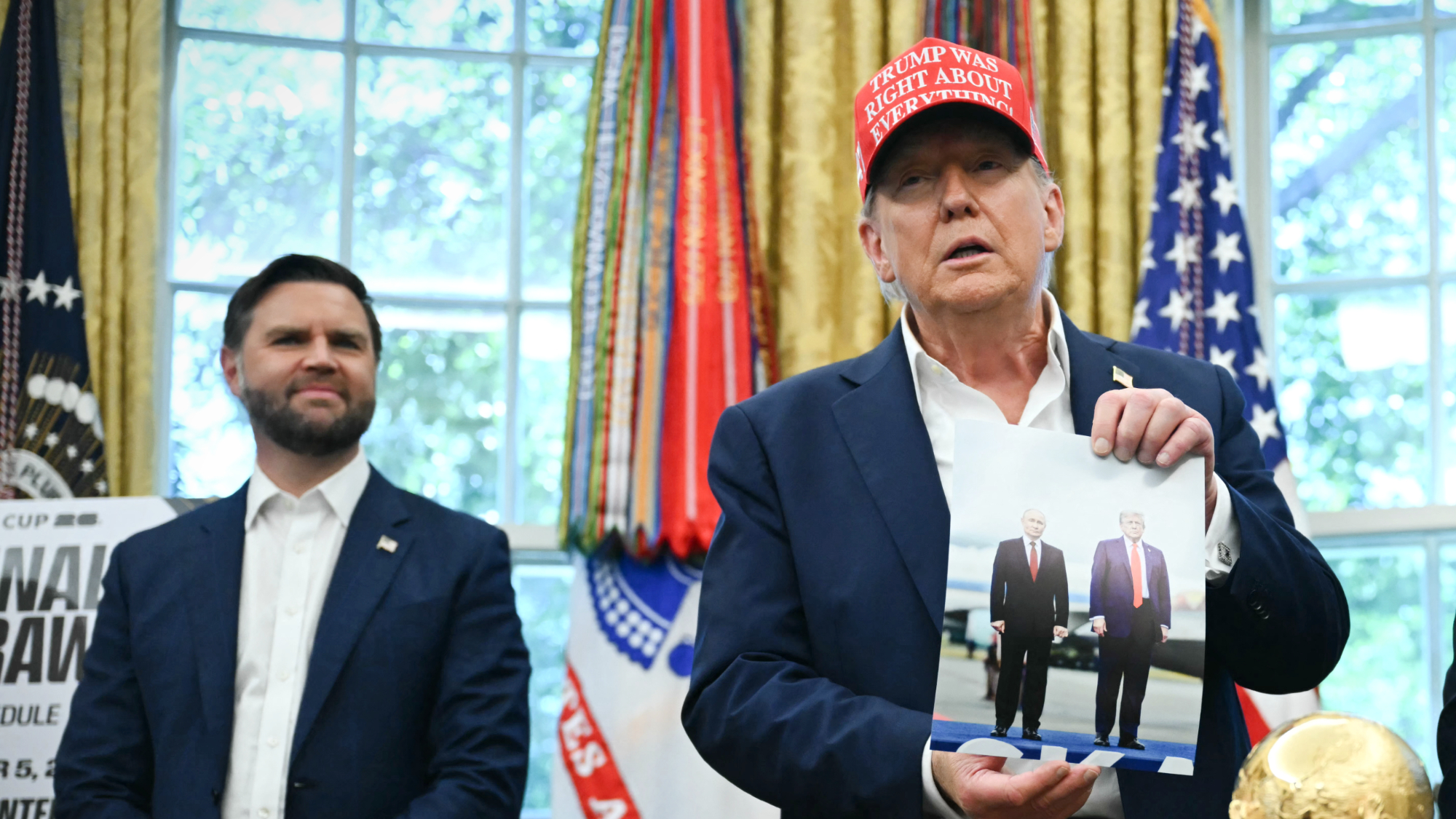 Trump, Putin set summit as Zelenskyy lands in DC
Trump, Putin set summit as Zelenskyy lands in DCSpeed Read Trump and Putin have agreed to meet in Budapest soon to discuss ending the war in Ukraine
-
 Could US Tomahawk missiles help Ukraine end the war?
Could US Tomahawk missiles help Ukraine end the war?Today's Big Question Or is Trump bluffing?
